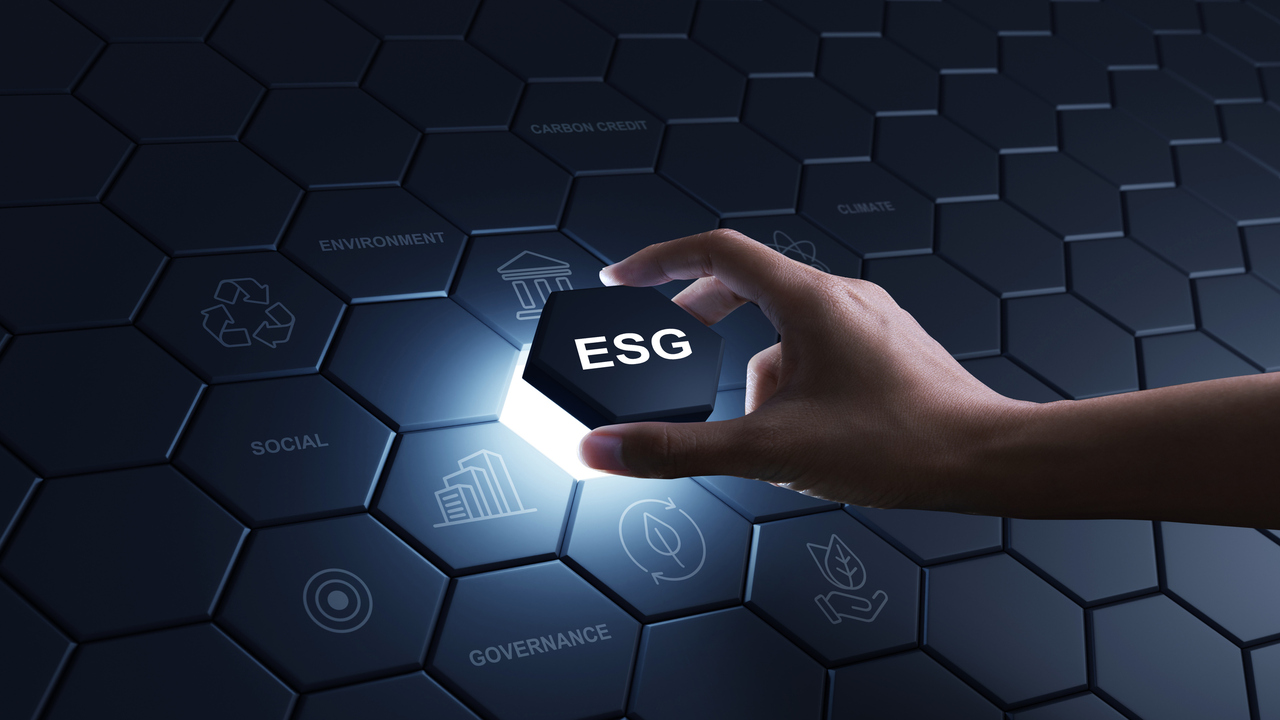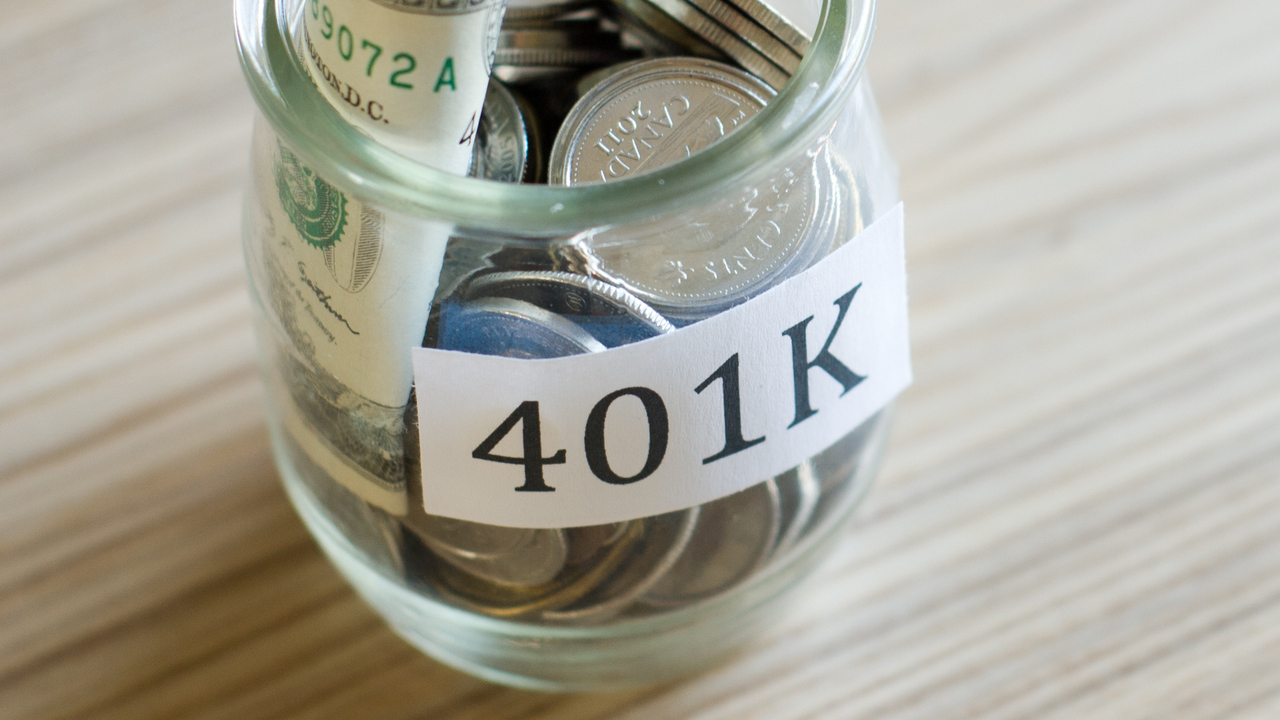Salesforce is planning to enhance its Net Zero Cloud environmental, social, and governance (ESG) reporting tool by integrating generative AI capabilities from its Einstein AI system. The aim is to automate some aspects of preparing ESG reports, a field drawing increasing interest from investors and regulators. The new features are expected to be added in spring 2024.
Net Zero Cloud helps enterprises report their carbon footprint and manage other social and governance metrics using data stored within the Salesforce platform. The upcoming generative AI capabilities will allow Einstein for Net Zero Cloud to digest previous annual financial and ESG reports along with current data on greenhouse gas emissions from financial and production systems. “Then, Einstein suggests new report content, without the human having to do anything, that’s purpose-built for the ESG framework you’re trying to report against,” said Sunya Norman, Salesforce’s head of ESG strategy and engagement.
Amy Cravens, a research manager contributing to IDC’s sustainable strategies and technologies team, believes generative AI can help employees process the masses of data involved in ESG reporting. She mentioned that generative AI for data queries can have a significant impact on organizations’ sustainability decision-making by identifying actions or strategies that will most influence sustainability performance.
In addition to the AI upgrade, Salesforce plans to introduce two other upgrades to Net Zero Cloud globally from October 2023. One is Materiality Assessment, a tool that uses a customizable questionnaire to gather input from stakeholders and score the results, helping to identify and prioritize the ESG topics most relevant to a company’s specific business model. The other is CSRD Report Builder, designed to help businesses meet the European Union’s recently introduced Corporate Sustainability Reporting Directive (EU CSRD), which includes the concept of “double materiality.”
Net Zero Cloud already provides tools for building reports that comply with voluntary reporting rules from the Carbon Disclosure Project (CDP), Global Reporting Initiative (GRI), and Sustainability Accounting Standards Board (SASB). However, compliance with the EU CSRD will be mandatory from 2024, initially for the largest enterprises, and gradually extending to smaller organizations over the next two years.
Salesforce isn’t the only software giant focusing on the CSRD. SAP announced plans in May to help enterprises build a green ledger to track their carbon balance alongside their financial balance. According to EcoAct, a technology company offering net zero emissions services, the CSRD will extend Europe’s emissions reporting regulations from 12,000 companies today to 50,000.
See full story from CIO.com.
Jack McPherrin ([email protected]) is a managing editor of StoppingSocialism.com, research editor for The Heartland Institute, and a research fellow for Heartland's Socialism Research Center. He holds an MA in International Affairs from Loyola University-Chicago, and a dual BA in Economics and History from Boston College.






